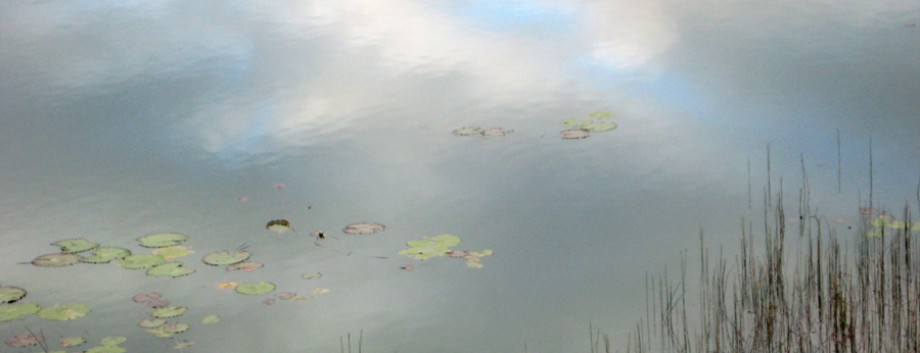Joey L. is a fine art photographer and documentary film director from Canada based in Brooklyn. He can frequently be found in remote places the outside world knows nothing of, and seems equally at ease working with celebrities and corporate brands.
His work with tribal peoples and ethnic groups is what intrigues me. Joey says he tends to go back to the same places. In doing so, he’s able to get a deeper and deeper sense of the people, their lifeways and environment—a real connection. I understand this because I’ve done the same over nearly 30 years. You create relationships that wouldn’t happen with the quick dash that satisfies the mainstream tourist. You see and experience things you couldn’t have imagined. Doors open. You are invited in.
Another thing happens that, for me, is heartbreaking to witness. Over time, invariably there’s loss of tradition. In his new documentary The Crocodile Hunters of Ethiopia, Joey talks about the hard life and difficult circumstances many Indigenous peoples endure. You can’t blame them for wanting an easier life. I’ve wrestled with these same thoughts. Would that their sacred practices and lifeways be maintained and, at the same time, they’re lifted out of poverty.
Joey has been working on a book about Ethiopian cultural history for 12 years. Some Ethiopian tribes have maintained their traditions over centuries. The Dassanach tribe is one. Some of the things he photographed 12 years ago are gone, lost to climate change and modernization. His mission is underscored with a sense of urgency.
His obsession started as an 18-year-old when he first went to a Dassanach village. During his visit, there was a tragic occurrence. A child was eaten by a crocodile, which are a ready danger in the region. They can grow 4 times as big as a human and retain gargantuan strength. They’re man eaters. Joey heard rumors of a nomadic caste called Dies whose specialty is killing crocodiles—not with guns but in the old way…with handmade harpoons. For years, he wanted to photograph them. But they are few and elusive. To complicate matters, croc hunting only occurs for a limited time during the rainy season.
Finally, the time was now. He was afraid if he waited longer the crocodile hunters would be a thing of the past. The film covers the search, preparation, tribulations, all the way through the complete hunt, which takes place at night. Joey and his team are among the few outsiders ever to see the hunt. Now you can, too.
This documentary merges uncommon, extraordinary footage of landscapes, tribal peoples, ceremonial blessings, along with what it means to be a working photographer and the importance of respect. Joey talks about the roles passion, curiosity, persistence and risk play relative to his photography. He shows you what happens behind the scenes. But also, what drives him to dedicate his life to pursuing the unusual and cultural truth. He has been in demand since he was a teenager with commissions from celebrities and brands. His work takes him into war zones, remote villages, dense jungles, urban areas, and commercial shoots. Joey L. is a rare breed.
I began following Joey L. a few years ago. I’m particularly taken with the Mentawai collection and his ongoing portrait series of Holy Men. To view more documentaries on the Dassanach and the lower Oma Valley see People of the Delta with accompanying shorts.
